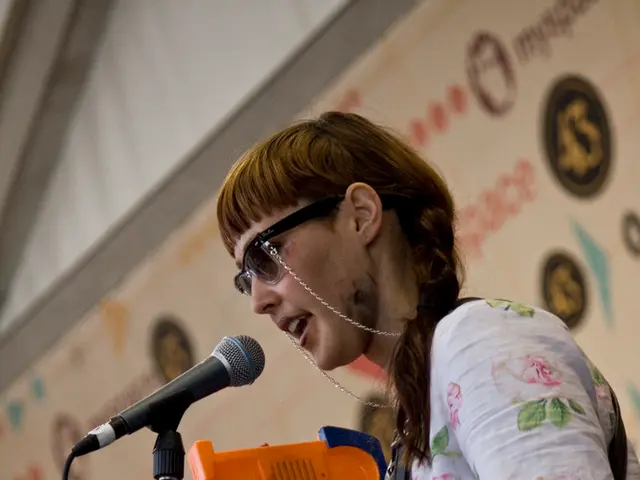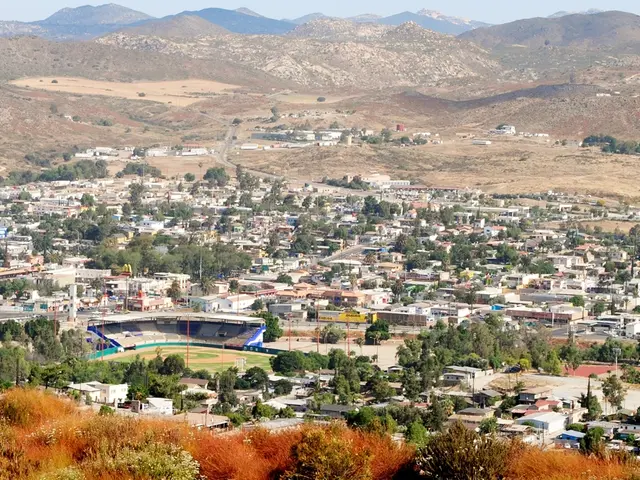Turkey's democracy faces a recent threat: Crippling the key opposition party
The political landscape of Turkey is currently undergoing a significant shift, with President Recep Tayyip Erdogan's presumed re-election quest facing a formidable challenge from the main political opposition, the Republican People's Party (CHP). Erdogan, modern Turkey's longest-serving leader, is widely assumed to be pursuing a legal pathway to re-election, despite constitutional term limits. However, the government's campaign against the CHP has raised concerns among some segments of the population, including unease among some within the Justice and Development Party (AKP), fearing popular backlash.
The CHP, led by popular presidential candidate Ekrem Imamoglu and Istanbul Mayor, has been under scrutiny, with Imamoglu having been under arrest since mid-March on charges of corruption and financial wrongdoing. Over 200 CHP and municipal officials have been imprisoned, and the party has managed to survive these legal battles and broaden its base through political activism.
The annulment of the CHP's Istanbul provincial congress and the appointment of trustees affiliated with the CHP but in opposition to the party's current leadership is a move that has been met with criticism. The court that will decide in October on the confirmation or removal of CHP leader Özgür Özel is a Turkish court in Ankara handling a lawsuit regarding alleged procedural errors at the 2023 party congress where Özel was elected CHP chairman.
Recent polls in Turkish media suggest that approximately 60% of the population view the legal actions against the CHP as politically motivated. The democratic resilience of Turkey is currently undergoing a significant stress test, reminiscent of patterns observed in countries like Hungary.
The CHP continues to hold mass rallies, with the latest drawing tens of thousands of supporters to Ankara's streets. The campaign has escalated in recent months and aims to make the CHP dysfunctional.
The future of Turkey and its place in the world will be heavily influenced by how these dynamics unfold. A rekindling of democratic traditions and rule of law practices is needed to ensure a fair and transparent election process. For anyone, including Erdogan, recognizing and upholding democratic principles should be the preferred option and the legacy to strive for.
The AKP, which has ruled for more than two decades, has lost much of its earlier appeal and is reliant on coalition arrangements. The Turkish people expect and deserve leadership that fully respects elected officials and faithfully honors the will of the people. Over 80% of Turks express doubts about the impartial application of justice in the country, highlighting the need for a fair and just political environment.
In conclusion, the political landscape of Turkey is at a critical juncture. The democratic resilience of the nation is being tested, and the choices made in the coming months will have far-reaching implications for the country and its people. It is essential that democratic traditions and rule of law practices are upheld, ensuring a fair and transparent election process that reflects the will of the Turkish people.
Read also:
- United States tariffs pose a threat to India, necessitating the recruitment of adept negotiators or strategists, similar to those who had influenced Trump's decisions.
- Weekly happenings in the German Federal Parliament (Bundestag)
- Southwest region's most popular posts, accompanied by an inquiry:
- Discussion between Putin and Trump in Alaska could potentially overshadow Ukraine's concerns








